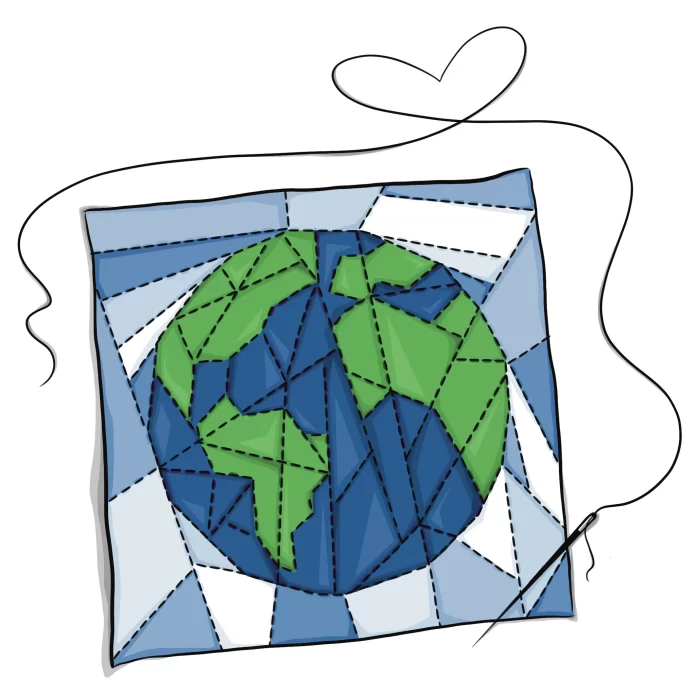Welcome to The Environmentalist, your column for understanding the natural world. Today we will be placing a spotlight on amazing people in the front lines of environmental change and activism.
What if saving the planet also meant confronting racism, colonialism, and inequality? For the new generation of environmental activists, it does. The fight for our planet is complex, and as Yale University experts explain, intersectionality plays an important role in the process. But what does intersectionality even mean? Intersectionality itself describes a framework through which different backgrounds, ethnicities, identities, genders, class, religion, and more relate to oppression and affect the social structures we inhabit.
The term intersectional environmentalism was coined by Leah Thomas, an eco-communicator and activist, to acknowledge the overlap between seeking social justice and advocating for environmentalism. Intersectional environmentalism recognizes the disproportionate effect of climate change on marginalized groups, women, and gender minorities, which broadens the lens adopted by Thomas. Activists such as Vanessa Nakate, who founded the Rise Up Movement to amplify African voices, and Xiye Bastida, a climate justice advocate and storyteller celebrating Indigenous knowledge, also speak to this particular environmental focus.
More young people are joining the fight against climate change and offering different perspectives that enrich intersectional environmentalism. Autumn Peltier is an Indigenous water-rights activist who has spoken about the issue of contaminated water on Indigenous reserves in Canada. Nemonte Nenquimo led an Indigenous legal action campaign that successfully protected half a million acres of Amazonian rainforests against oil extraction. Mari Copeny is a youth ambassador who has sparked change in her community and prompted former United States President Barack Obama to grant a relief fund for the city of Flint’s water crisis. Ayisha Siddiqa, a talented storyteller, co-founder of Polluters Out, and the executive director of Student Affairs at Fossil Free University, supports marginalized communities and holds polluting companies accountable with her work. Mitzi Jonelle Tan, a young activist from the Philippines, is a strong advocate for intersectional environmentalism and anti-imperialism in the Global South. Their environmentalist efforts are unique because of their different backgrounds and contexts, which all play a role in intersectional environmentalism.
We should take time to listen to the powerful messages they have to convey, best expressed by a quote from Leah Thomas:
“We can’t save the planet without uplifting the voices of its people, especially those most often unheard.”
We need to approach climate change as the complex problem that it is, not simply treating it as a nature-related problem that exists in a bubble separate from our social contexts.
Sadly, we can’t all be Greta Thunberg. Still, small brave actions matter too, so I encourage you to talk about the climate crisis, take small actions where you can, and remember what the Lorax once said: “Unless someone like you cares a whole awful lot, nothing is going to get better.” So, let’s care.


